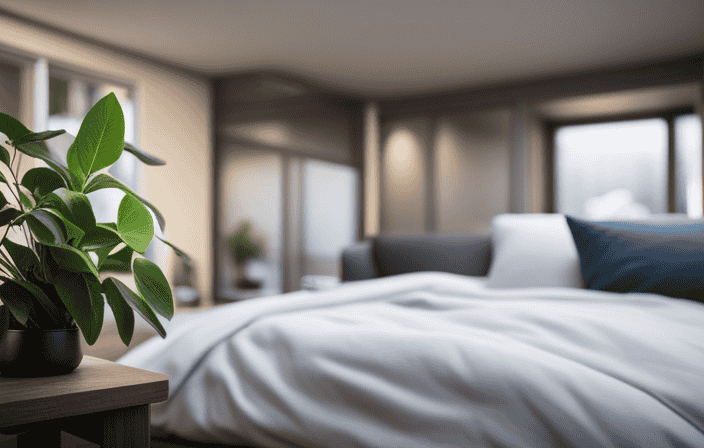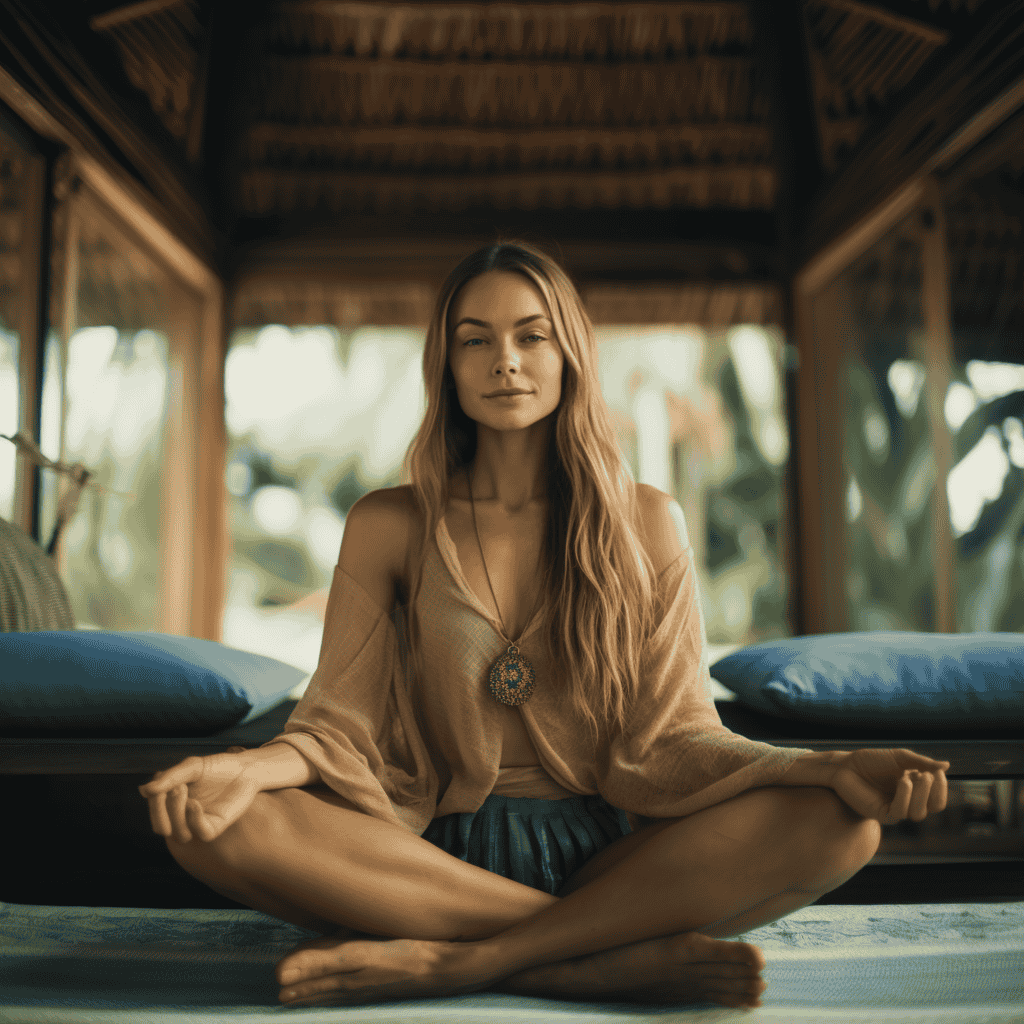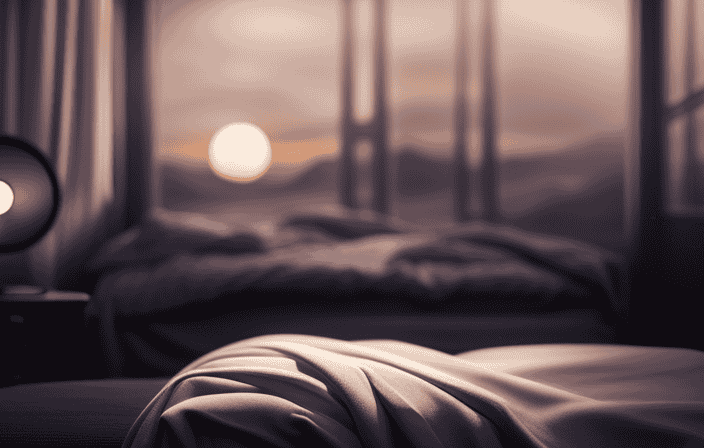Ever felt that anxiety is a barrier to experiencing your life to the fullest? You’re in good company. Anxiety can deeply affect our day-to-day existence in significant ways.
But there is hope. In this article, we will explore how making simple lifestyle changes, seeking timely help, managing daily struggles, and building a support system can alleviate anxiety.
Together, we can take control and find peace amidst the chaos. So, let’s dive in and discover the tools to conquer anxiety once and for all.
Key Takeaways
- Lifestyle changes such as stopping alcohol consumption and incorporating daily exercise can alleviate anxiety symptoms.
- Obtaining timely help, whether through urgency with GP appointments or private healthcare, is important for effective intervention.
- Daily management techniques like mindfulness meditation and regular exercise can help reduce anxiety intensity and boost mood.
- Building a support system through family, friends, support groups, and mental health professionals can provide guidance and alleviate the burden of anxiety.
Lifestyle Changes
I need to make lifestyle changes to alleviate my anxiety. It’s not always easy, but I know that taking steps to improve my well-being will be worth it in the long run.
One of the first things I need to do is stop drinking alcohol. Alcohol can often exacerbate anxiety symptoms, so it’s best to cut it out altogether.
Additionally, I need to start exercising daily. Exercise has been shown to reduce anxiety and improve overall mental health.
Along with exercise, I also need to focus on improving my sleeping patterns. Good quality sleep is essential for managing anxiety.
To further support my mental well-being, I will reduce my time spent alone and avoid excessive work hours. It’s important to find a balance and prioritize self-care.
By making these lifestyle changes, I am taking proactive steps towards managing my anxiety and improving my overall quality of life.
Obtaining Timely Help
To obtain timely assistance for anxiety, express the urgency of your situation to your GP’s practice for an earlier appointment. It’s crucial to prioritize your mental health and advocate for yourself. Remember, you’re not alone in this journey, and there are resources available to support you.
Here are three key steps to consider:
-
Seek private healthcare if it’s affordable for you. This can provide faster access to specialized mental health services and reduce waiting times.
-
Avoid self-medicating, as it may only mask the symptoms and delay proper treatment. Instead, consult with medical professionals who can guide you towards effective interventions.
-
Reach out to your loved ones for support. Sharing your struggles with family and friends can create a network of understanding and empathy that will help alleviate some of the burden.
Remember, taking the first step towards seeking help is a sign of strength, and there are professionals ready to support you on your journey to recovery.
Daily Management
Practicing mindfulness and engaging in regular exercise have been effective in managing my anxiety on a daily basis.
When I start my day with a few minutes of mindfulness meditation, it helps me to stay present and calm throughout the day. It allows me to observe my thoughts and emotions without judgment, which in turn reduces the intensity of my anxiety.
Additionally, incorporating regular exercise into my routine has been a game-changer. Whether it’s going for a jog, practicing yoga, or even just taking a walk, physical activity helps to release tension and boost my mood.
Not only does it distract me from my anxious thoughts, but it also releases endorphins, which are natural stress-fighters.
By prioritizing mindfulness and exercise, I have found a powerful combination that helps me navigate my daily struggles with anxiety.
Frequently Asked Questions
How long does it typically take for lifestyle changes to alleviate anxiety symptoms?
Lifestyle changes can take time to alleviate anxiety symptoms as it varies from person to person. It’s important to be patient and consistent with the changes, as they can gradually improve symptoms over weeks to months.
Are there any alternative methods for obtaining timely help for anxiety besides seeking private healthcare?
There are alternative methods for obtaining timely help for anxiety besides seeking private healthcare. You can express urgency to your GP for an earlier appointment, seek support from family, or call an anxiety helpline for advice.
What are some effective ways to manage anxiety on a daily basis without relying on medication?
To manage anxiety without medication, I find that practicing mindfulness and meditation, engaging in regular exercise, developing a routine, and utilizing relaxation techniques are effective. These strategies help me stay grounded and calm throughout the day.
How can individuals with anxiety build a support system if they don’t have access to support groups or online communities?
Building a support system when access to support groups or online communities is limited can be challenging. However, individuals with anxiety can still reach out to friends and family, communicate their needs, consider therapy or counseling, and educate loved ones about anxiety.
Are there any specific relaxation techniques that are particularly effective in managing anxiety in daily life?
Sure thing! One relaxation technique that I find particularly effective in managing anxiety is deep breathing. By taking slow, deep breaths and focusing on the sensation of air entering and leaving my body, I can calm my mind and reduce anxiety.
Conclusion
In conclusion, managing anxiety requires a multi-faceted approach. This involves making lifestyle changes, seeking timely help, and addressing daily struggles. By implementing lifestyle changes such as avoiding alcohol, exercising daily, and improving sleep patterns, individuals can alleviate the effects of anxiety.
Seeking timely help is crucial. Whether it’s by expressing urgency to a general practitioner or considering private healthcare, getting the necessary support is essential. Daily struggles can be addressed by monitoring anxiety, staying busy, and practicing self-care. Building a support system is also vital, as it provides understanding and positive people to lean on.
Did you know that approximately 40 million adults in the United States suffer from anxiety disorders? This statistic highlights the prevalence of anxiety and emphasizes the importance of addressing it with the necessary support and tools. Remember, you are not alone in this journey, and there are resources available to help you manage your anxiety effectively.










